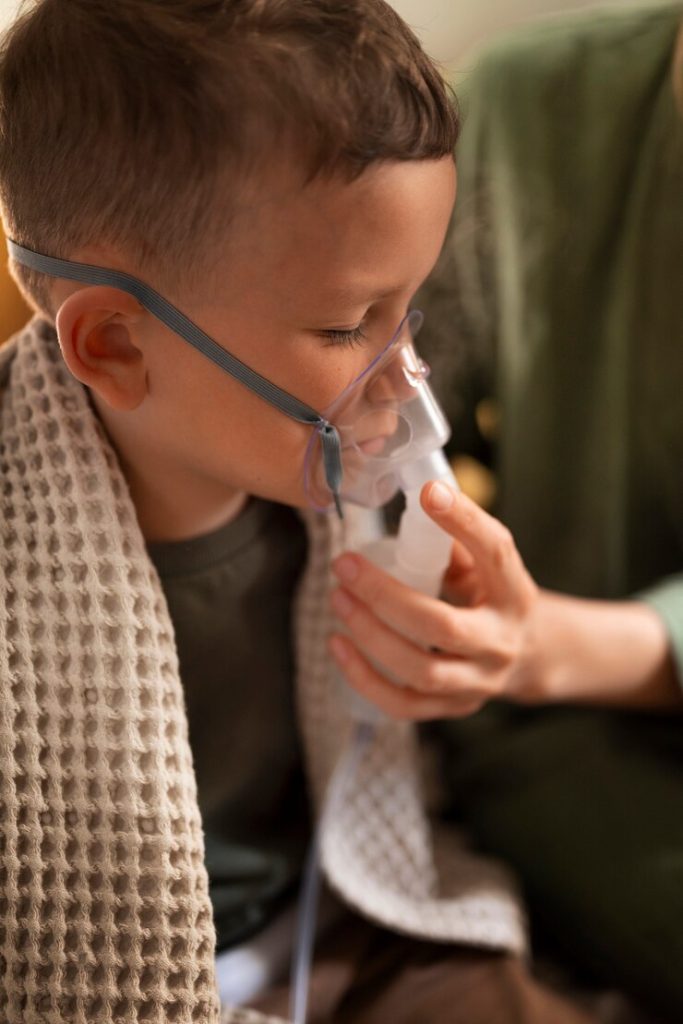
Childhood asthma is a concerning respiratory condition that can significantly impact a child's quality of life. Here’s a narrative on its causes, management, and the role of homeopathy in treatment:
Causes of Childhood Asthma:
Asthma in children often develops due to a combination of genetic and environmental factors:
Genetics: A family history of asthma or allergies increases the likelihood of a child developing asthma.

